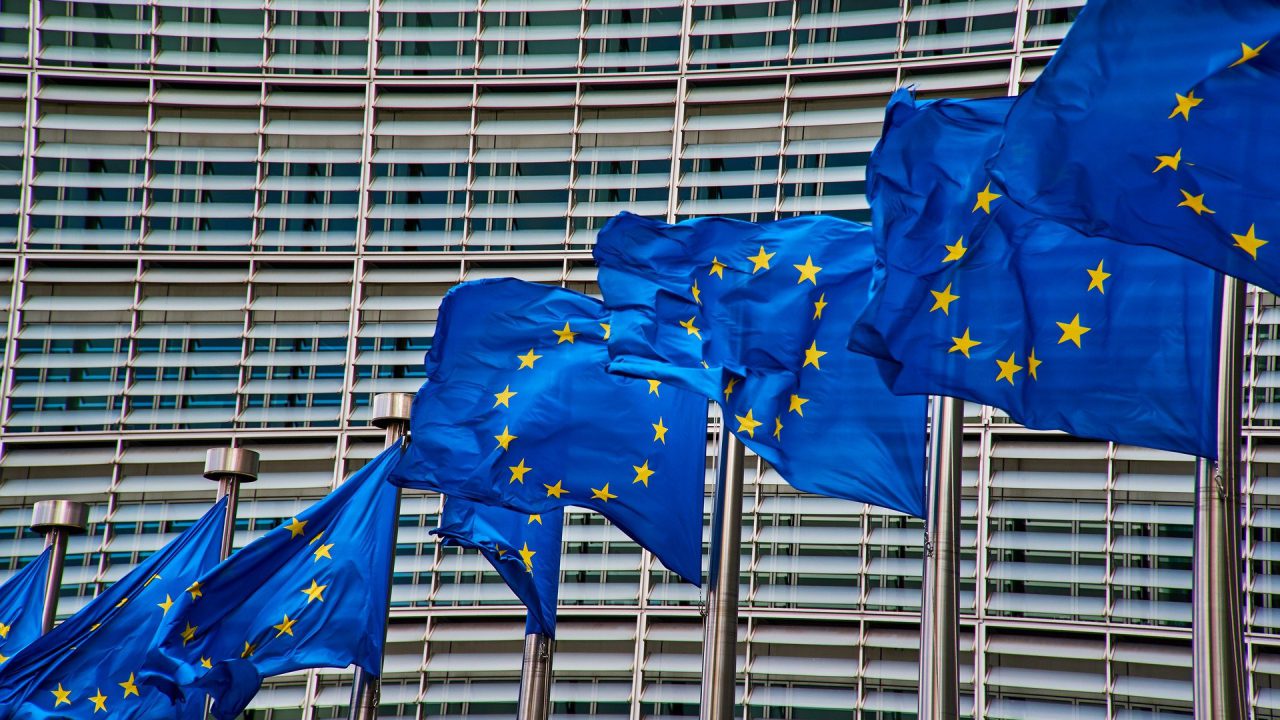The European Commission has approved, under EU State aid rules, a €500 million Romanian scheme to support the growth of new forests.
The scheme, which will run until June 30, 2026, is aimed at supporting owners of agricultural land suitable for afforestation to establish new forest areas.
Both public and private landowners will be eligible to apply for direct grants.
In order to benefit from the aid, landowners must establish forest areas of at least 0.5ha, or forest belts (rows of trees and shrubs to protect agricultural land from wind erosion and drought) of an area of at least 0.1ha.
The afforestation must be on suitable land and be in compliance with the overall project plan which outlines the species and density of trees and shrubs to be planted.

The measure, which will be completely funded through the EU Recovery and Resilience Facility (RRF), is part of the country’s strategy to ensure the protection of forests and biodiversity.
The commission’s executive vice-president Margrethe Vestager, who is in charge of competition policy, said:
“These forests will contribute to the prevention of erosion and floods, help cleaning the air and combatting climate change.
“The measure will not only contribute to EU Green Deal objectives, but also support the economic development of rural areas in Romania,” she said.
Estonian scheme
Meanwhile, the European Commission has also given the green light for a €3.9 million Estonian scheme to support the country’s beef, poultry and horticulture sectors.
The scheme, which has been devised in response to the impact of the Russian invasion of Ukraine, was approved under the State Aid Temporary Crisis Framework.
The framework was adopted by the commission on March 23, 2022 and recognises that the EU economy is experiencing a “serious disturbance”.
Under this scheme, eligible beneficiaries will be entitled to receive grants of up to €35,000 each.
The measure will be open to companies of all sizes active in the beef, poultry and horticulture sectors in Estonia that have been affected by the price increase of electricity, animal feed and fuel caused by the current geopolitical crisis and the related sanctions.
Commenting on the announcement, Margrethe Vestager said:
“This scheme will enable Estonia to support agricultural producers affected by the input costs increase caused by Russia’s invasion of Ukraine and the related sanctions.
“We continue to stand with Ukraine and its people. At the same time, we continue working closely with member states to ensure that national support measures can be put in place in a timely, coordinated and effective way, while protecting the level playing field in the single market,” Vestager said.
